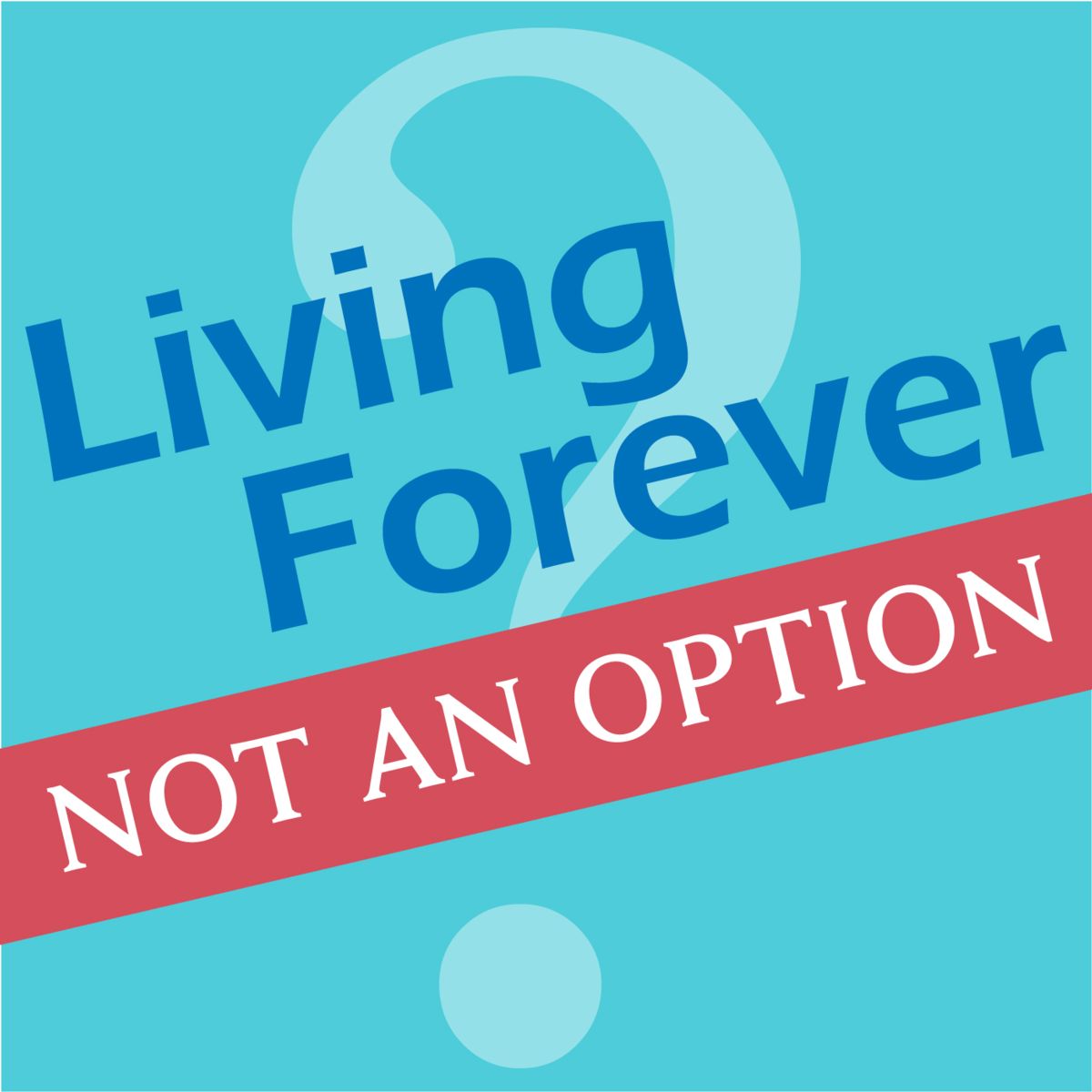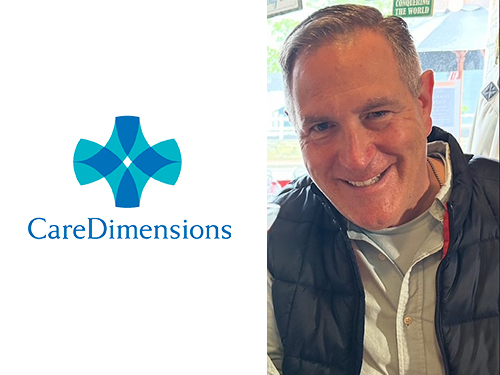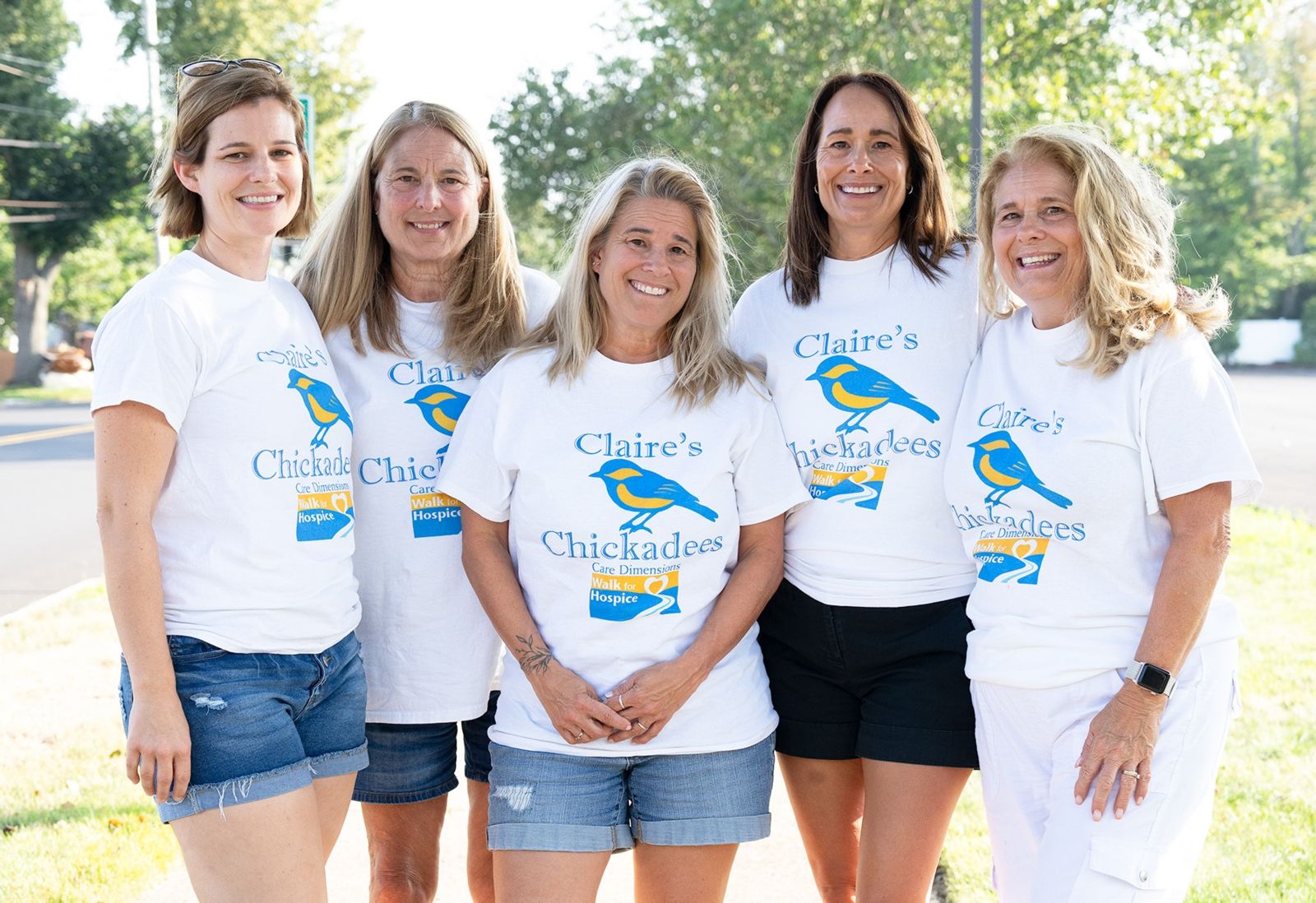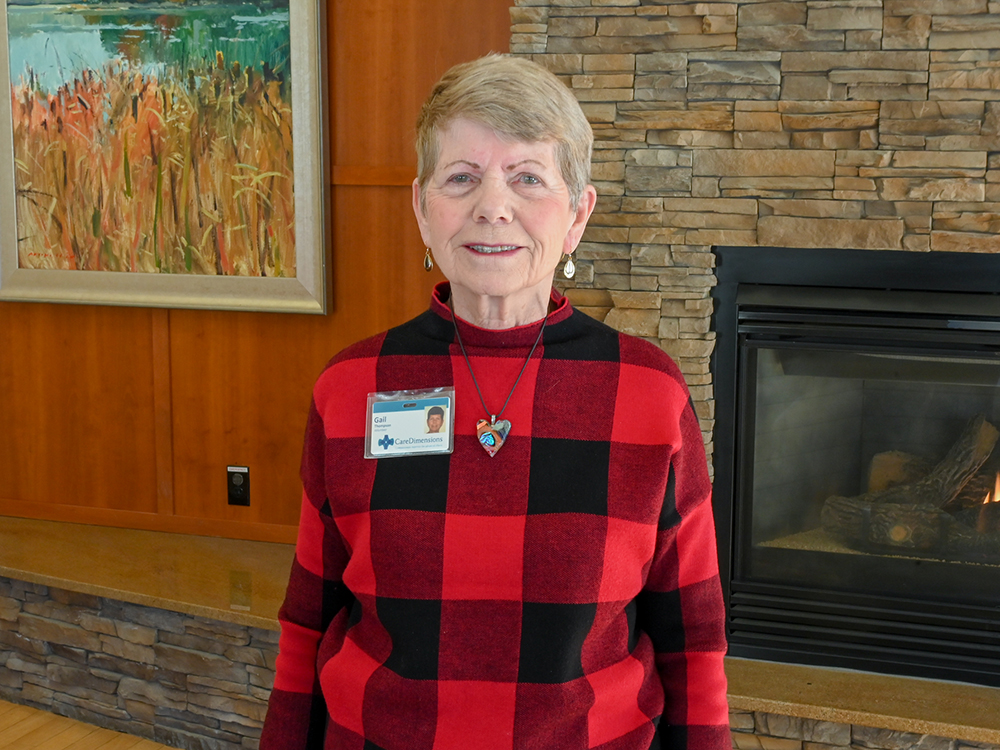How can we help?
888-283-1722
Call us now at 888-283-1722
24/7 Referrals and Nursing Support
Voices of Care Blog

Podcast: Caring for the Caregiver
Posted on March 20, 2020 by Mia Buscone In this episode of the Care Dimensions Learning Institute's podcast of Living Forever, Not an Option, our hosts, Lyn Skarmeas and Mary Crowe discuss the importance of taking care of not just the individual on hospice or palliative care, but also the caregiver.“Caregiving is hard, but knowing you’ve made a difference in someone’s life is so rewarding,” says Lyn. Both Lyn and Mary have experience as caregivers for family members, as well as being healthcare professionals. With their combined professional and personal experience, they discuss the often-forgotten step in taking care of a loved one: taking care of the caregiver and making sure they are supported.
A caregiver, in a general sense, is someone who cares for those who need assistance with daily activities and provides emotional support with those challenges. Lyn and Mary explain that there are different types of caregivers commonly found in the healthcare system-- informal or family caregivers and formal caregivers. Regardless of the title, a caregiver carries huge responsibilities for the person they're caring for as well as their own life. This is why it is so important that the caregiver is given support, proper resources and time for themselves in order to avoid burn out and provide the best quality of care to their loved one.
According to a recent study, 66% of caregivers are female and there are approximately 65.7 million caregivers in the U.S. who provide care to someone who is ill, disabled or who needs assistance. Of that 65.7 million, about 15.5 million caregivers are for patients with Alzheimer’s or dementia-related illnesses. Despite such a large number of caregivers in this nation, many of them are not seeking out additional help to care for their loved one or for themselves. Mary explains that many caregivers may be under the assumption that to be a “better” caregiver they have to go above and beyond for their patient or loved one. The reality of the situation is that caregivers need to take better care of themselves to provide the best quality care.
As explained by Mary, the top challenge that comes with caregiving is the isolation it often brings, which can cause guilt, frustration and overwhelming feelings of helplessness.
Caregivers need to be encouraged to ask for help to get the support needed when caring for a loved one. Lyn and Mary remind listeners that caregivers need to be looked after and supported just as much as their loved ones. There are many resources that are available, especially in hospice. They emphasize that it's important to know your limits and reach out to these resources before reaching the point of burnout.
Listen to the podcast (click here)
Learn more about caregiver support resources
Watch our Timing is Everything television show that has numerous episodes covering different aspects of caregiving (click here).
About the author:
Mia Buscone is a marketing assistant working with the Care Dimensions Learning Institute.
Additional Posts
Not All Spiritual Care Involves Prayer – Sometimes It's About Popcorn
Posted on October 19, 2025 by Stephen Thompson Kohut, Spiritual Counselor in Hospice, Hospice careersNot everyone is religious, but Steve Kohut believes most people are spiritual. That's where his role as a hospice spiritual counselor comes in. ...
Continue readingClaire's Chickadees: A Family United by Love, Loss, and Legacy
Posted on August 28, 2025 by Shaun Neville in Hospice, Kaplan Family Hospice House, Walk for HospiceFor the family of Claire Dion, hospice provided comfort and relief after months of pain. They're now helping to ensure others get similar support. ...
Continue readingFinding Purpose in Hospice Care: My 45 Years as a Volunteer
Posted on May 16, 2025 by Gail Thompson in Hospice, Kaplan Family Hospice House, VolunteersOver the past four decades, Gail Thompson's connection to hospice has gone from personal loss to profound purpose. She shares the rewards of supporting families through life's most difficult transitions as a hospice volunteer. ...
Continue readingAnyone—patient, family, care provider—can make a referral. Fill in the form online or call us today.
Since 1978, Care Dimensions, formerly Hospice of the North Shore, has provided comprehensive and compassionate care for individuals and families dealing with life-threatening illnesses. As the non-profit leader in advanced illness care, we offer services in over 100 communities in Massachusetts.
Copyright 2025 | Care Dimensions, 75 Sylvan Street, Suite B-102, Danvers, MA 01923 | 888-283-1722 | 978-774-7566 |









